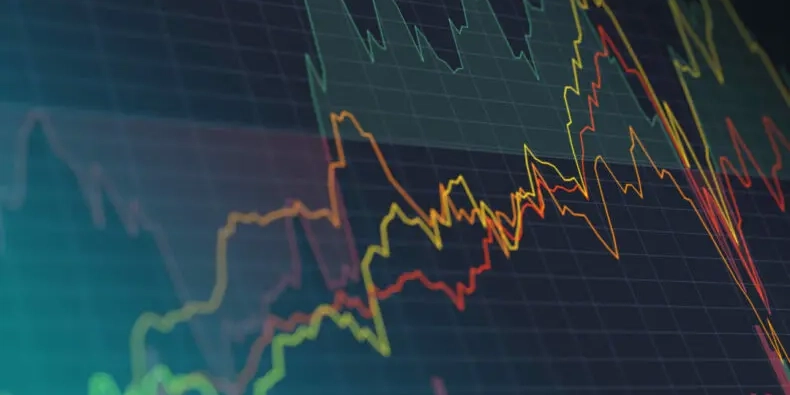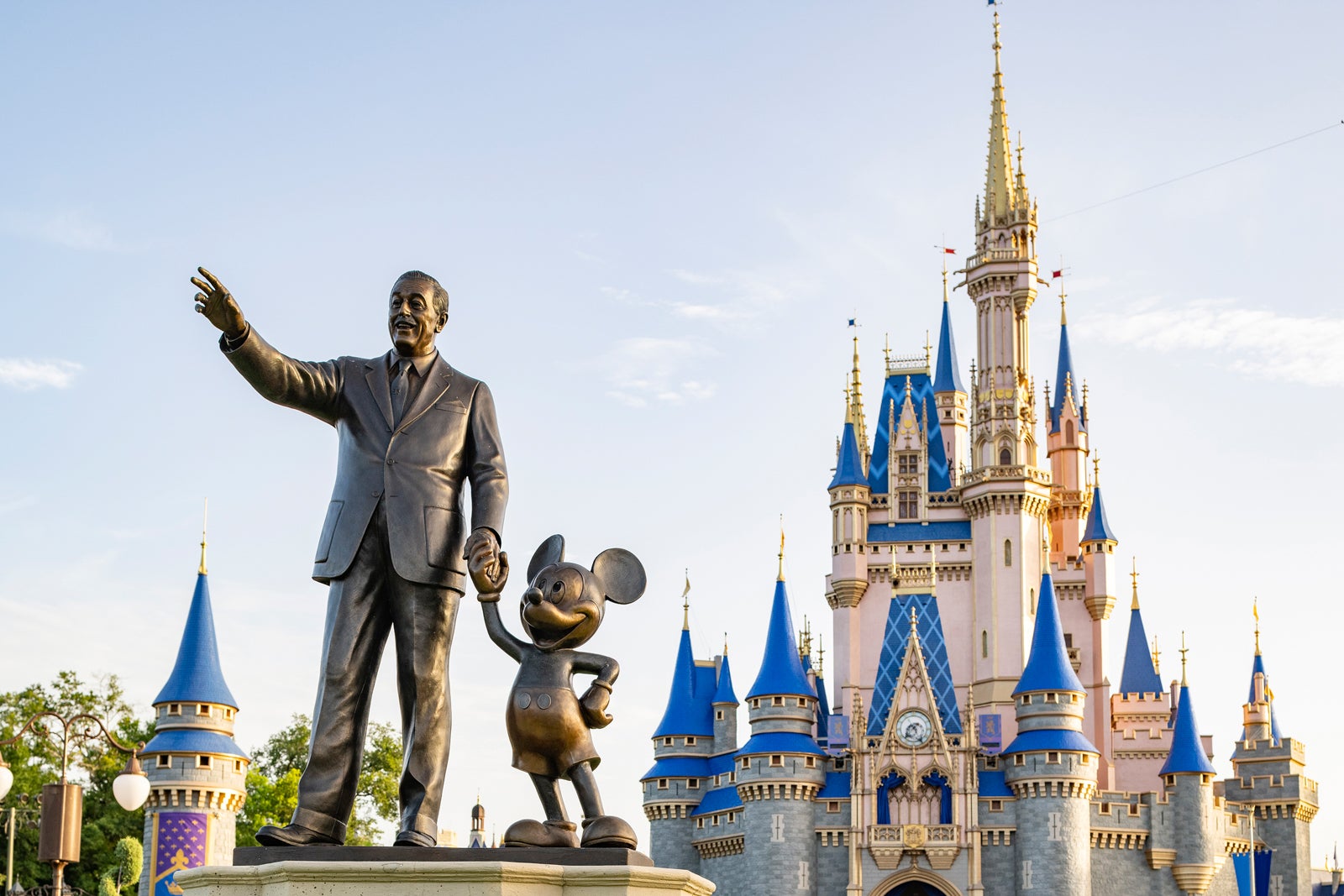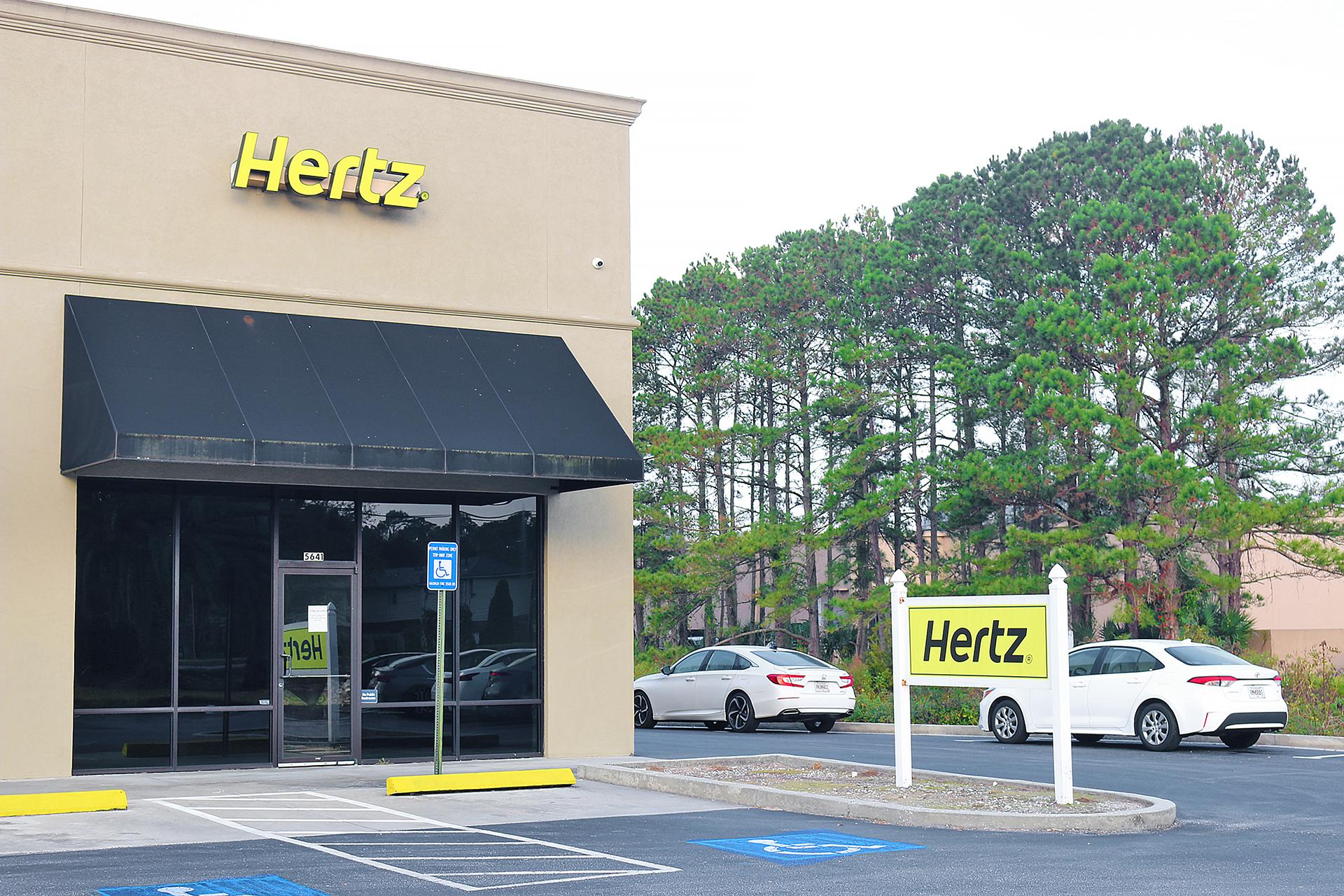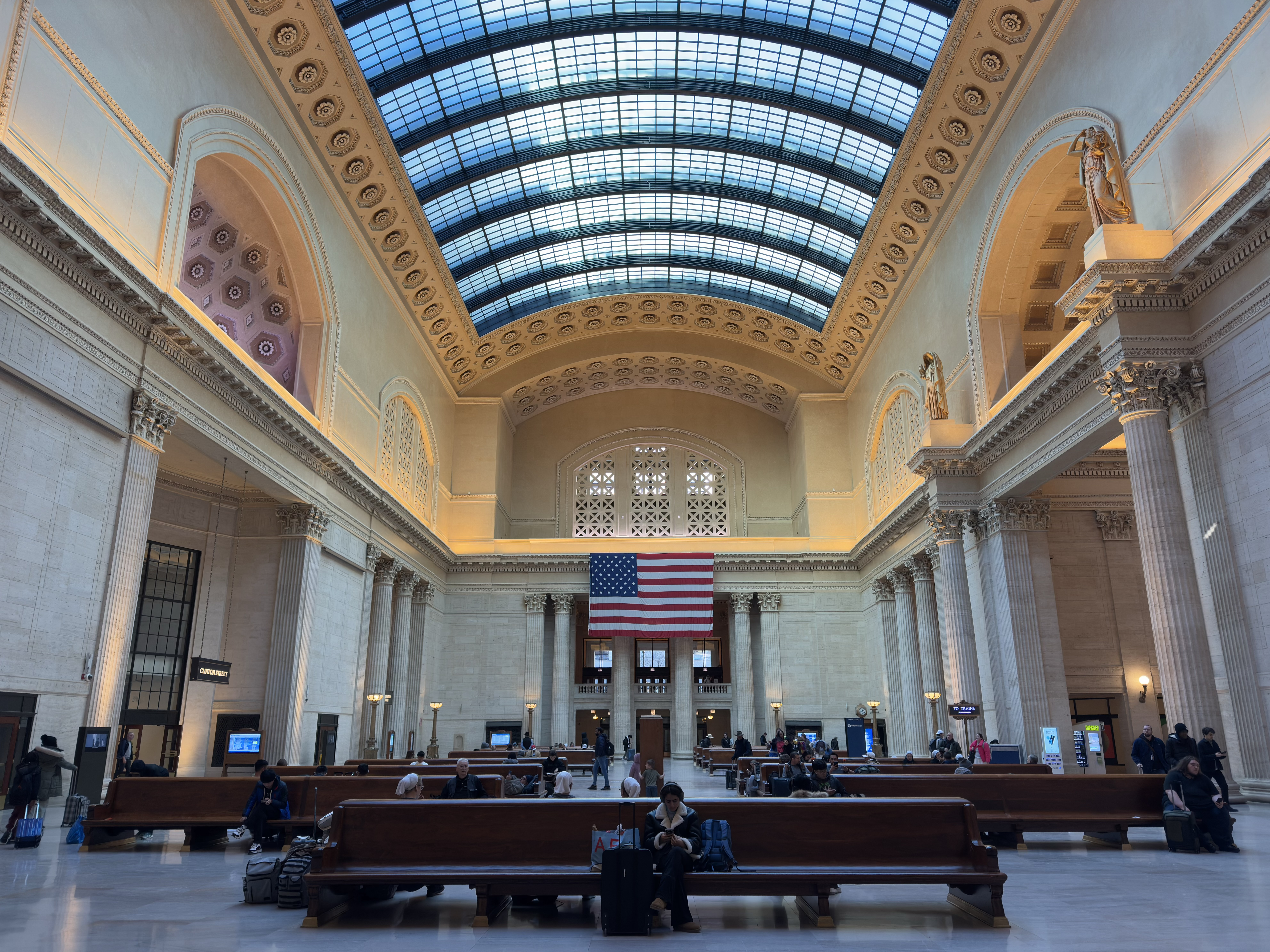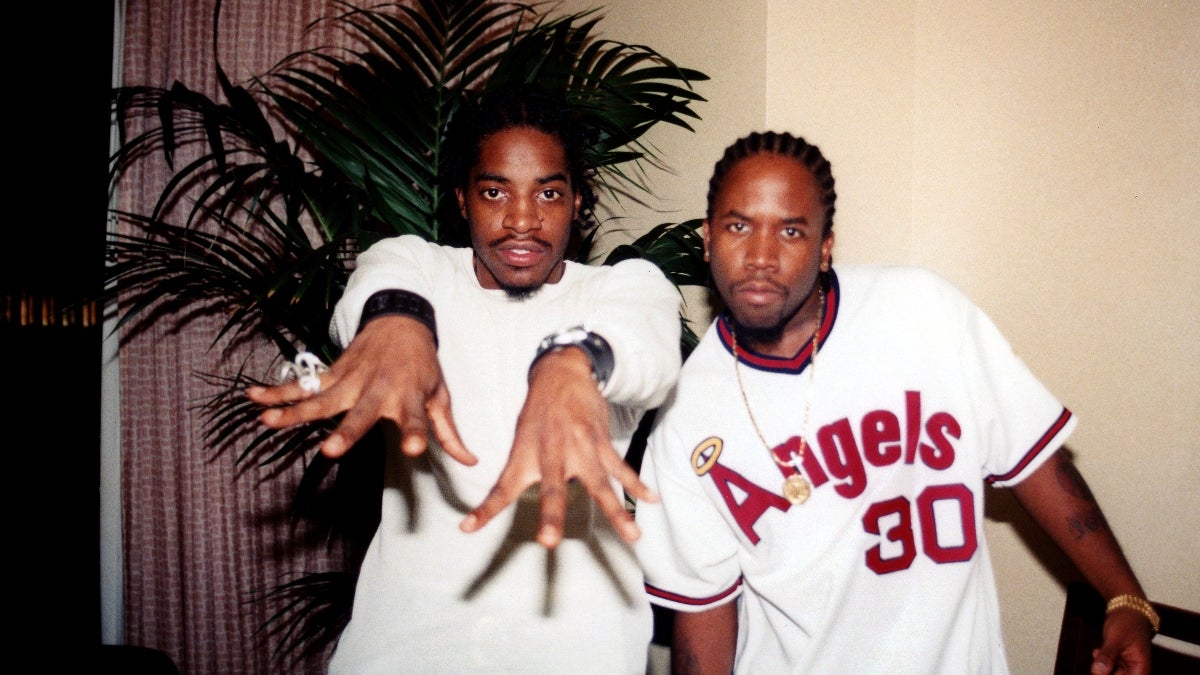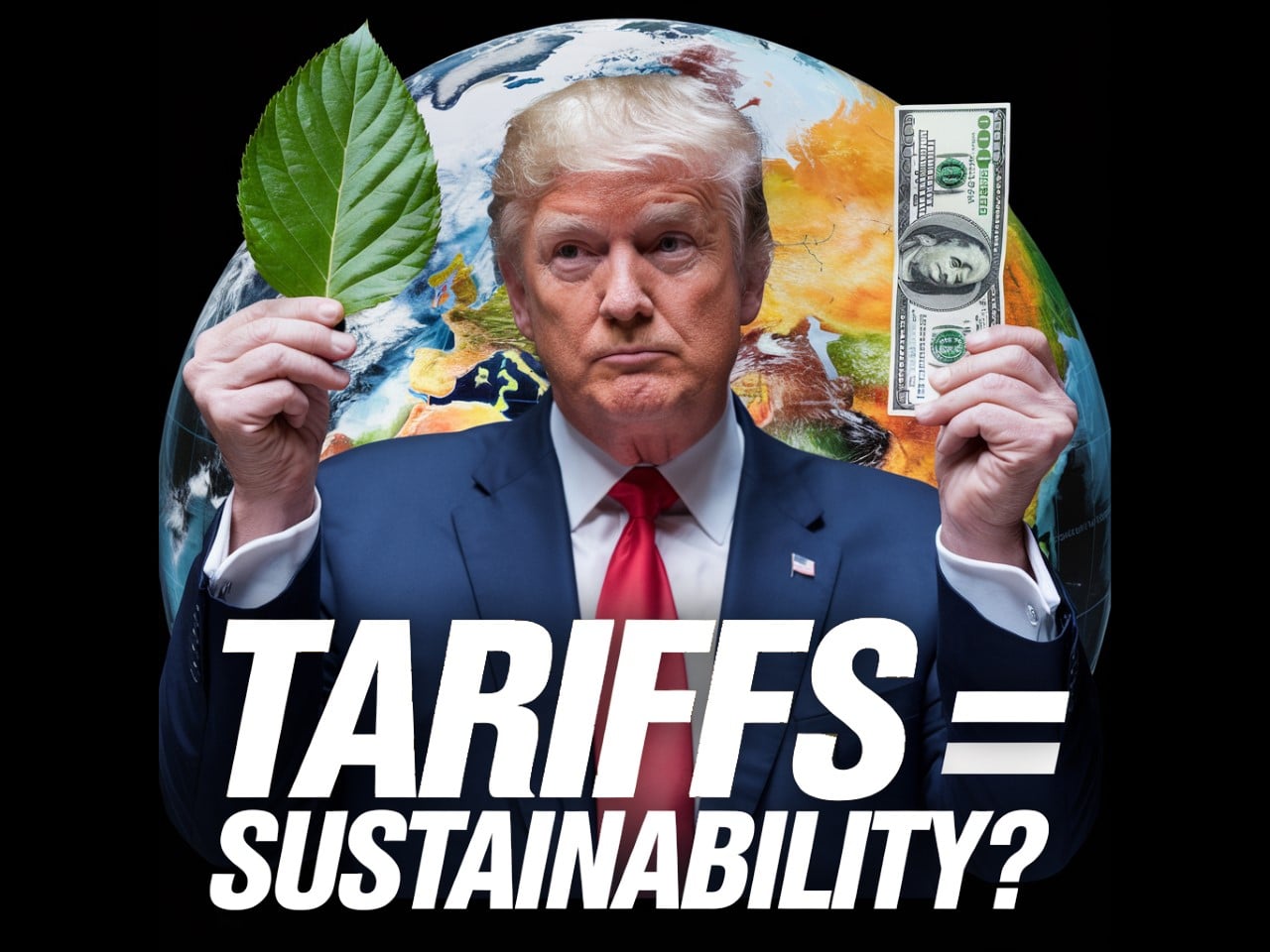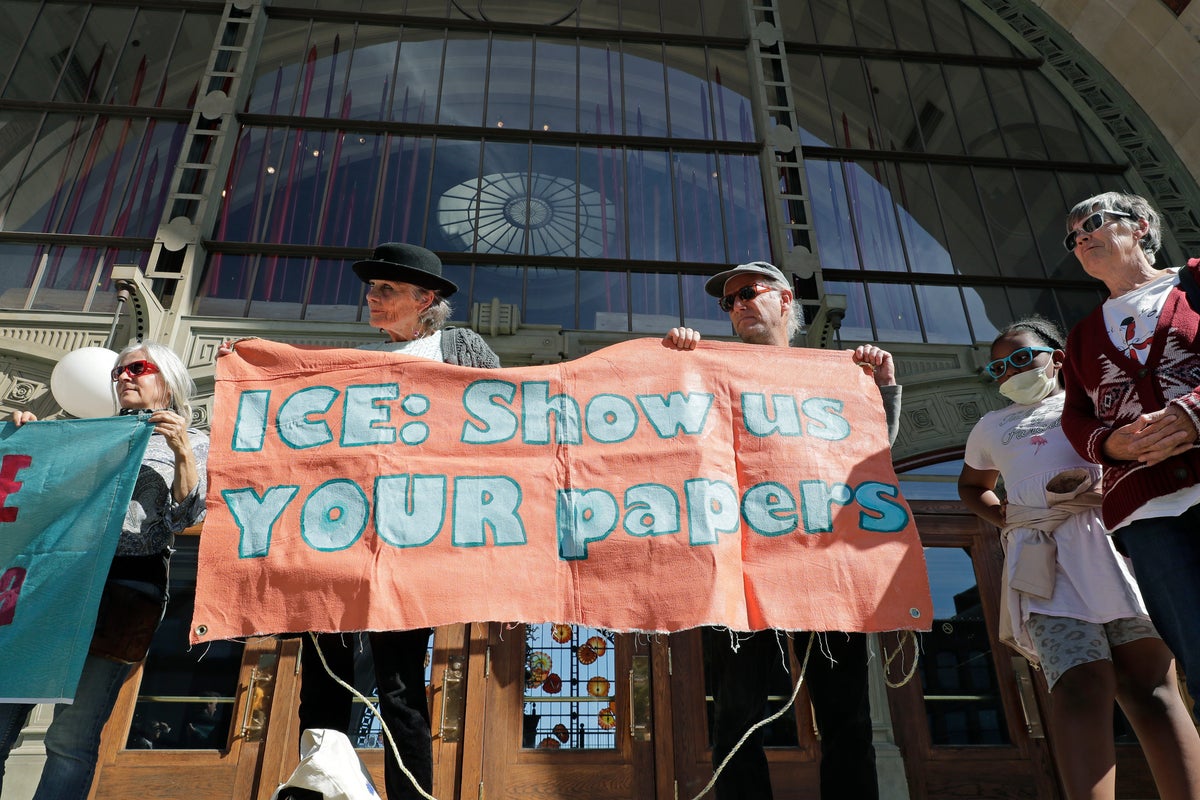In Brazil, the right creates precarious workers, and precarious workers prefer the right – but the cycle can be broken | Rodrigo Nunes
Rodrigo Nunes, a senior lecturer in political theory, explains how delivery drivers are taking to the street to demand better pay and conditions, while worker-owned delivery app services are thrivingOn 1 April, Brazilian couriers organised a day of action in which thousands of workers engaged in pickets and protests in at least 60 cities, with places such as São Paulo reporting a sharp drop in deliveries. While companies are yet to respond to the demands for better pay and conditions, the mobilisation was a clear step-up for a process of national organisation that began in 2020.Between 2016 and 2021, the number of people working for delivery apps in Brazil rose by 979.8%, with the number of delivery and passenger drivers in the sector now around 1.4 million. This boom coincides with the period in which the country finally felt the effects of the post-2008 recession. Economic decline, corruption and the impeachment of the then president, Dilma Rousseff, ended 13 years of successful left-leaning governments by the Workers’ party (PT). In the years that followed, a series of austerity measures and labour reforms were put in place, the political spectrum moved steadily to the right and the far-right libertarian politician Jair Bolsonaro was elected president in 2018. Continue reading...

Rodrigo Nunes, a senior lecturer in political theory, explains how delivery drivers are taking to the street to demand better pay and conditions, while worker-owned delivery app services are thriving
On 1 April, Brazilian couriers organised a day of action in which thousands of workers engaged in pickets and protests in at least 60 cities, with places such as São Paulo reporting a sharp drop in deliveries. While companies are yet to respond to the demands for better pay and conditions, the mobilisation was a clear step-up for a process of national organisation that began in 2020.
Between 2016 and 2021, the number of people working for delivery apps in Brazil rose by 979.8%, with the number of delivery and passenger drivers in the sector now around 1.4 million. This boom coincides with the period in which the country finally felt the effects of the post-2008 recession. Economic decline, corruption and the impeachment of the then president, Dilma Rousseff, ended 13 years of successful left-leaning governments by the Workers’ party (PT). In the years that followed, a series of austerity measures and labour reforms were put in place, the political spectrum moved steadily to the right and the far-right libertarian politician Jair Bolsonaro was elected president in 2018. Continue reading...












